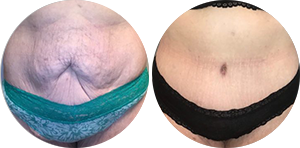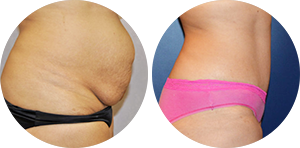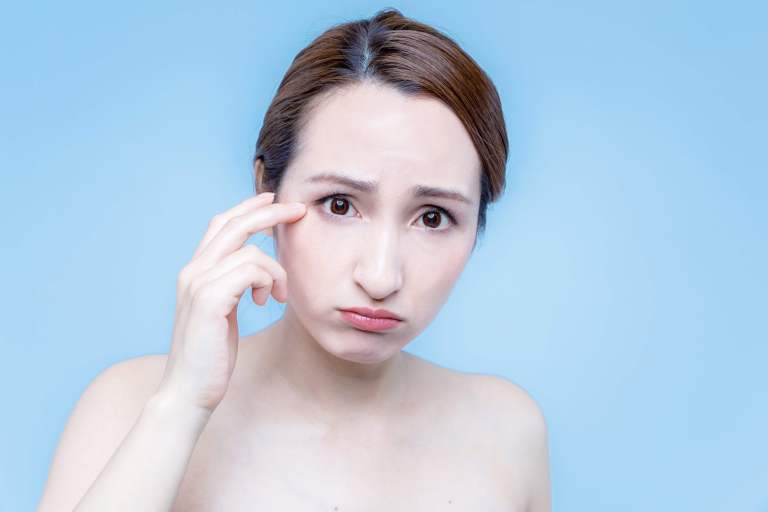Botox is a name that’s long been associated with taming unwanted wrinkles and restoring a youthful appearance to patients of cosmetic surgery for years now, but recent research has revealed a surprising application of this special substance. Depression has been a growing problem in the world, and more and more people are getting diagnosed with it every year. Anti-depressants are often the go-to for treatment, but side-effects have some patients choosing not to take this route. Studies have shown that Botox may be an effective way to treat depression and it’s not about improving your self-confidence through plastic surgery.
How Much Research Has There Been?
Research on the topic started in 2006 with a small sample group of 10 patients, 9 of which indicated that the Botox treatment they received eliminated their depression. The 10th indicated a vast improvement over moods prior to treatment. In 2012 an additional study was done of 30 patients who were receiving anti-depressants for their diagnosis of depression, half were given Botox injections while the other half received a placebo. Almost half the patients who received the Botox treatment indicated they experienced improvements in their depression, while only 9% of the placebo group said the same. This means that Botox was showing significant results as a treatment for depression.
Current Research On Botox for Depression
The research continued through the intervening years, with the maximum result being dialed in at about 8 weeks. This prompted more research showing that while the cosmetic benefit of Botox is limited to 12-16 weeks, its effects on depression were still being seen as much as 24 weeks later. Research being conducted at the same time revealed that it was effective for patients suffering from major depression as well. The most recent study, done in 2017, reinforced these results with further data indicating that Botox produced significant results when injected in the glabellar frown lines.
What Are The Benefits Of Using Botox For Depression?
Originally the hypothesis was that the improvement in depression might come from a perceived improvement in appearance, but the results on depression extended beyond the cosmetic effect of the Botox. This was supported by it remaining effective on those with few frown lines. The result came from a surprising place, and that’s the biological and psychological impacts of smiling and frowning. Through a process called “facial feedback,” your brain responds to the expressions you make when affected by certain moods. The inability to make these expressions due to the Botox helped break this cycle resulting in improved mood.
If you struggle with depression and anti-depressants have either been ineffective or producing significant side-effects you may benefit from being treated for depression by Botox. Contact your mental health professional, physician, and then call Dr. Amber Allen for a consultation at Allen Aesthetic Surgery in Raleigh, NC. She’s been helping patients like you find increased confidence and self-assurance through cosmetic procedures for years, and is available to help you! Pick up the phone and make an appointment today!



